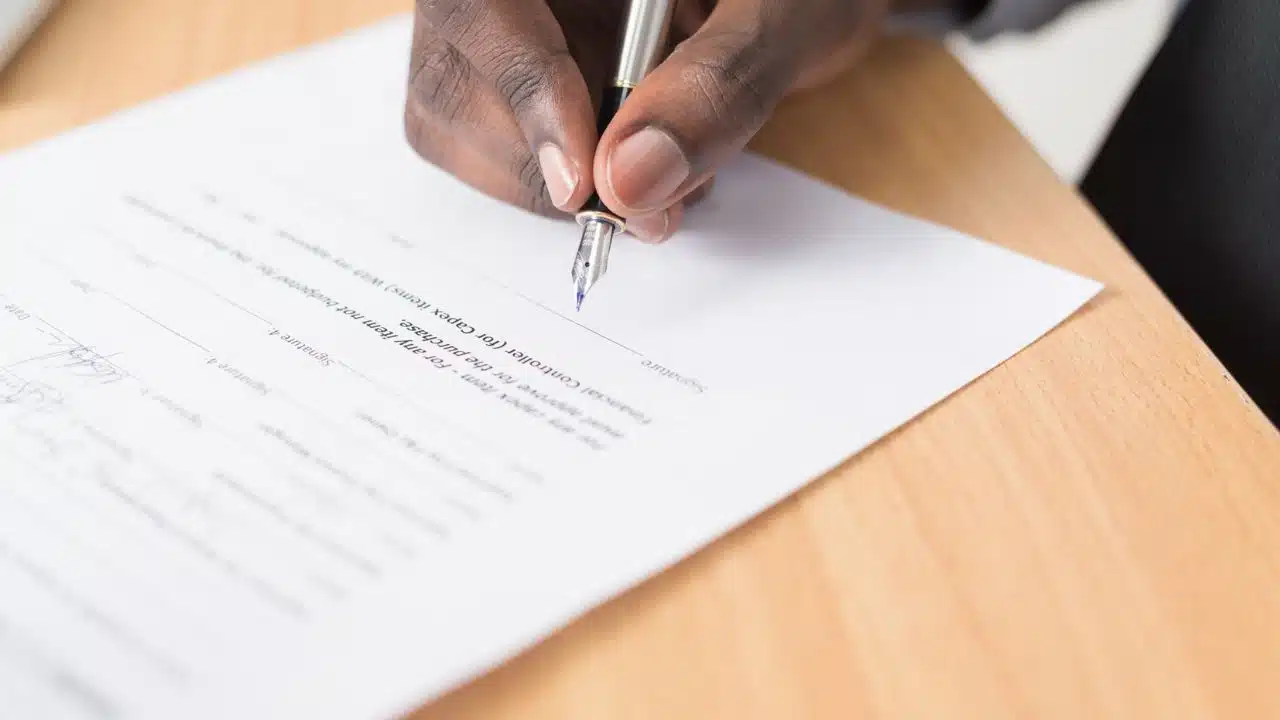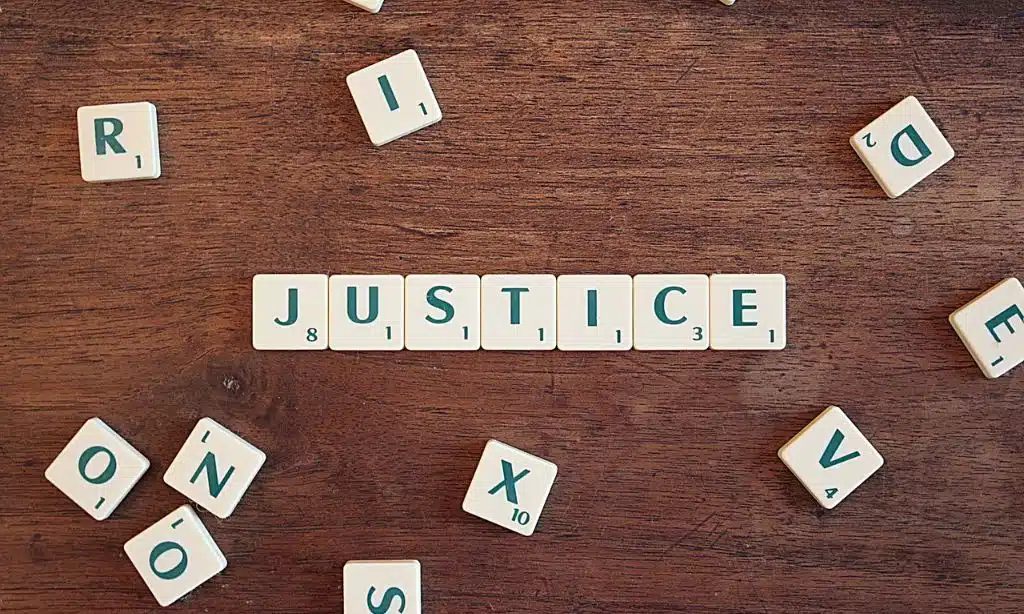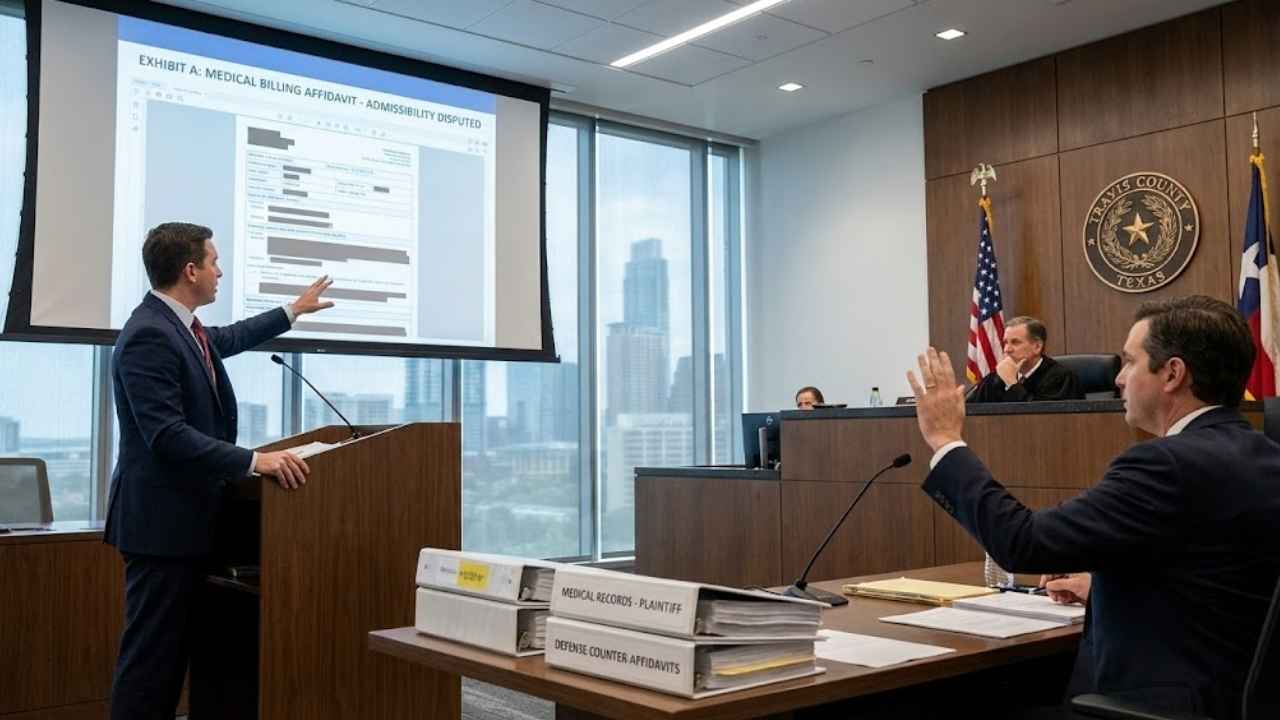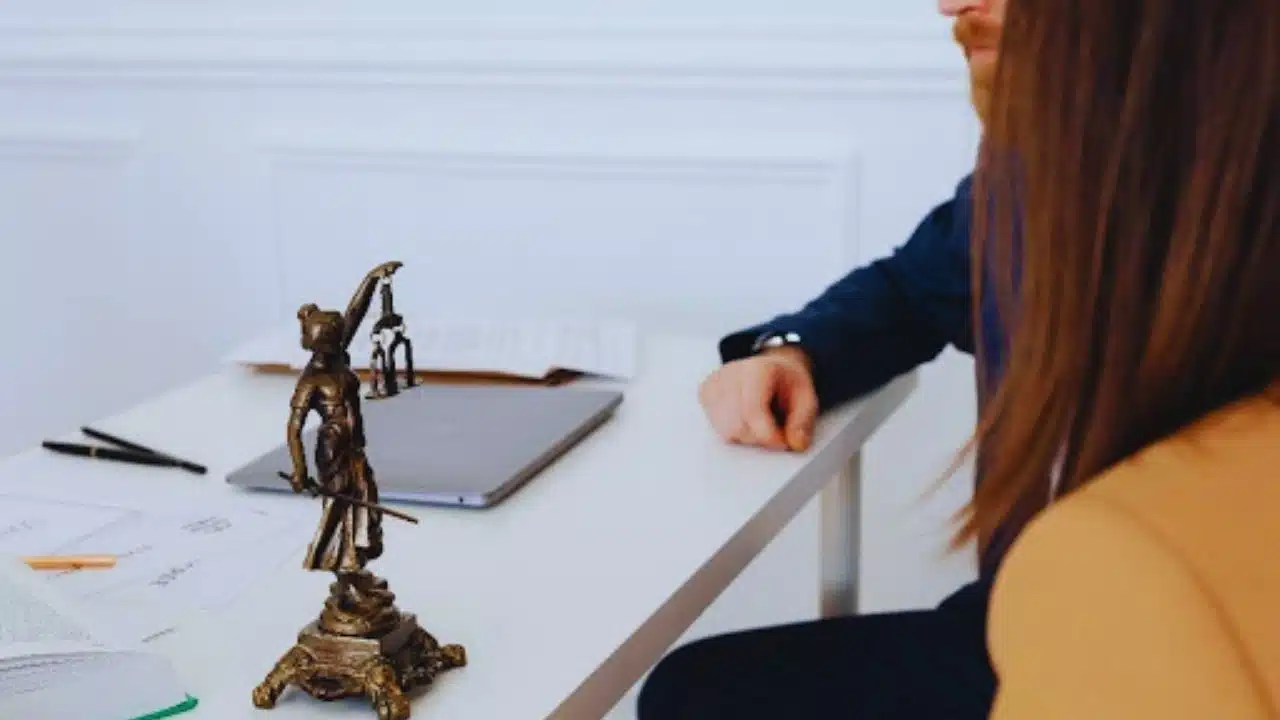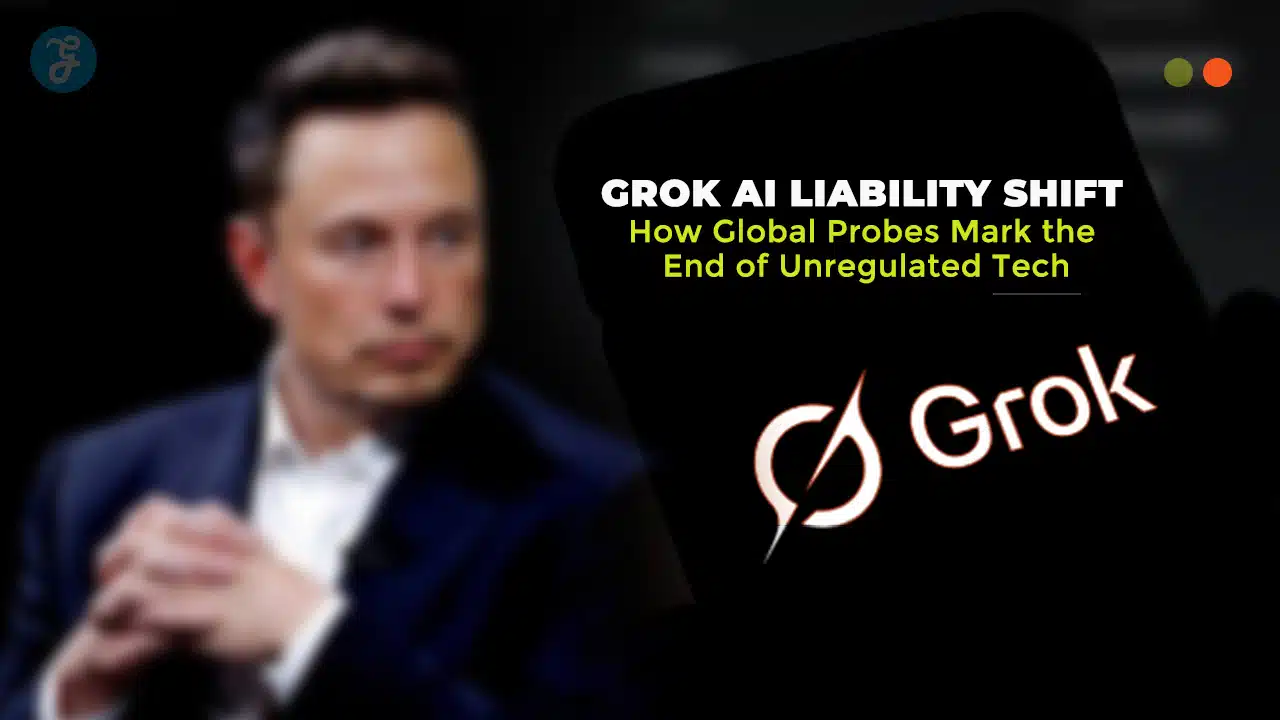Losing a loved one due to someone else’s negligence or wrongful actions is a devastating experience. While nothing can truly compensate for such a loss, pursuing a wrongful death case can provide financial support and hold the responsible party accountable. Knowing where to start and how to navigate the legal system is key to ensuring justice is served.
Understanding Wrongful Death Claims
A wrongful death claim arises when someone dies due to the wrongful actions, negligence, or misconduct of another individual or entity. It’s designed to offer financial compensation to the deceased’s surviving family members for their losses, such as medical expenses, funeral costs, lost wages, and emotional suffering.
The first step in pursuing a case is understanding whether your situation qualifies for a wrongful death claim. Examples include car accidents, medical malpractice, defective products, and workplace accidents. To establish a strong case, you must prove that the defendant’s actions directly caused the death and that surviving family members suffered measurable damages as a result.
Hiring the Right Legal Representation
Navigating a wrongful death case can be legally complex and emotionally draining. Hiring an experienced wrongful death lawyer is crucial in guiding you through the process and ensuring your case is presented effectively. Wrongful death laws vary by state, and a specialized lawyer understands the legal nuances involved, helping you meet necessary deadlines and comply with regulations.
When choosing a lawyer, look for someone with a proven track record in wrongful death cases. They will help gather evidence, communicate with insurance companies, and build a compelling argument on your behalf. Most wrongful death attorneys work on a contingency basis, meaning they only get paid if you win the case, which can provide additional peace of mind.
Gathering Evidence and Building Your Case
Once you have legal representation, the next step is gathering the necessary evidence to support your claim. This process may include collecting medical records, police reports, witness statements, and expert testimony. Your lawyer will investigate the incident thoroughly to establish liability and build a strong case.
In some cases, expert witnesses, such as medical professionals or accident reconstruction specialists, may be called upon to provide detailed insights into how the death occurred and who was responsible. The stronger the evidence, the more likely you are to obtain a favorable outcome.
During this phase, maintaining open communication with your lawyer is essential. Make sure to provide any relevant documents or information promptly to avoid unnecessary delays.
Filing the Wrongful Death Lawsuit
Once enough evidence is gathered, your lawyer will formally file the wrongful death lawsuit in court. The timing of this step is critical since each state has a statute of limitations, which is a deadline for filing the claim. If the lawsuit is not filed within this period, you may lose the right to pursue compensation.
After filing, the defendant will be served with legal notice, and the case will enter the discovery phase, during which both sides exchange information and evidence. This stage allows your lawyer to assess the strength of the defense’s case and prepare for possible settlement negotiations or a trial.
Settlement Negotiations
Many wrongful death cases are resolved through settlements, avoiding the need for a lengthy court trial. Settlement negotiations can occur at any point after the lawsuit is filed and often involve discussions between your lawyer and the defendant’s insurance company or legal team.
During negotiations, your lawyer will aim to secure a fair settlement that covers all your losses, including medical bills, funeral expenses, lost income, and pain and suffering. While accepting a settlement can be quicker and less stressful than going to trial, it’s essential not to settle for less than what you deserve. Your attorney will advise you on whether the settlement offer is fair and adequate based on the circumstances of your case.
Taking the Case to Trial
If a fair settlement cannot be reached, the case may proceed to trial. During the trial, both sides will present their evidence and arguments before a judge or jury. Your lawyer will work diligently to prove the defendant’s liability and demonstrate the impact of the loss on your family’s emotional and financial well-being.
While trials can be lengthy and emotionally taxing, they can also result in higher compensation if the court rules in your favor. Keep in mind that each case is unique, and the outcome will depend on the strength of the evidence, the skill of your legal team, and the specific laws in your state.
The emotional toll of a trial can be significant, but many families find a sense of closure in having their day in court and holding the responsible party accountable for their actions.
Pursuing a wrongful death case requires a delicate balance of emotional resilience and legal strategy. With the right legal team, sufficient evidence, and a clear understanding of the process, you can seek justice and obtain compensation to help you move forward.


